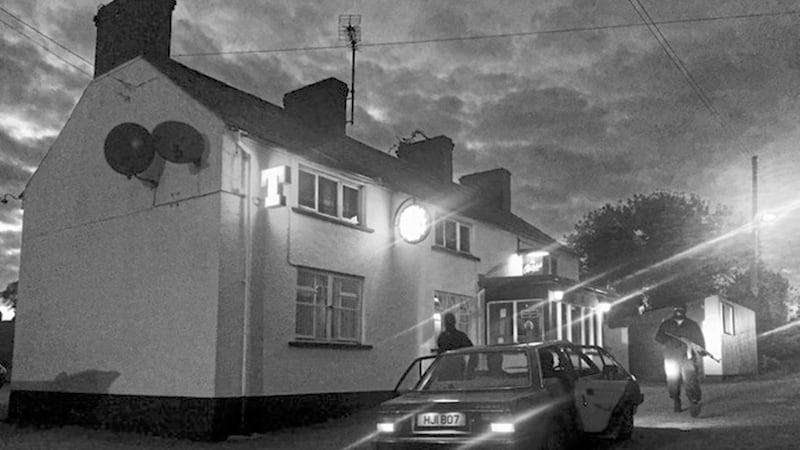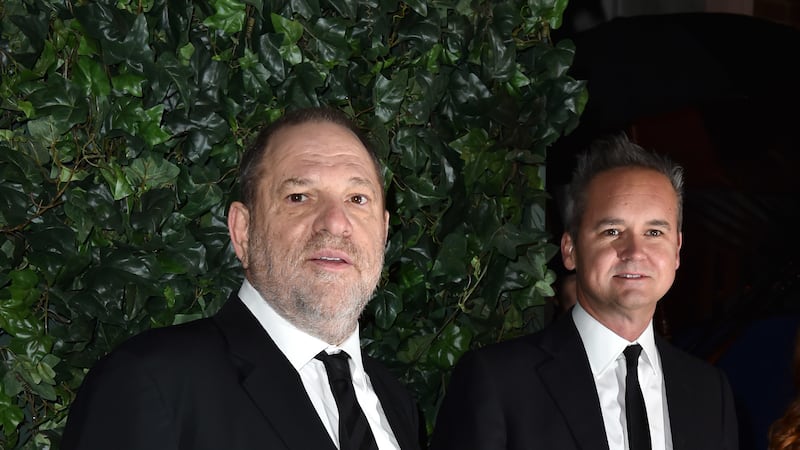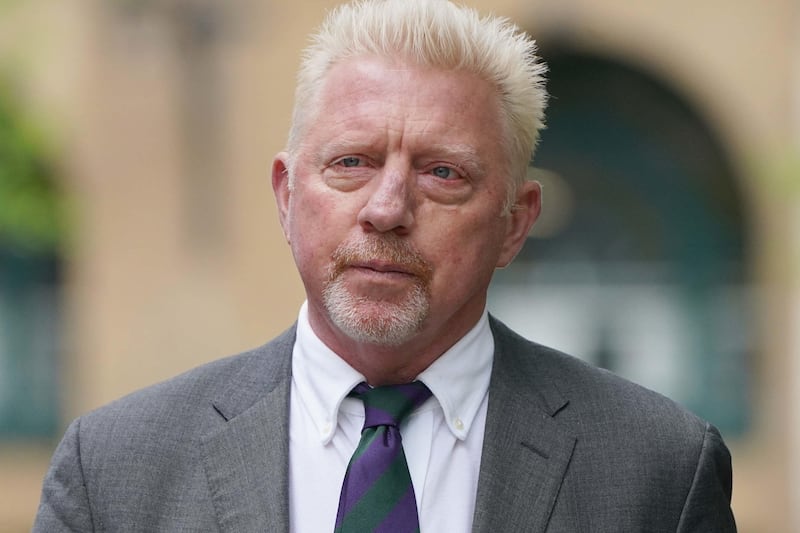OSCAR-winning documentarian Alex Gibney is well used to exposing corruption within powerful institutions thanks to films which have taken on war crimes (2007's Academy Award-winning Taxi To The Dark Side), child abuse cover-ups in the Catholic Church (Mea Maxiuma Culpa: Silence in The House of God, from 2012) and the Church of Scientology's ultra-controlling and manipulative ways (2015's Going Clear: Scientology And The Prison Of Belief).
However, the UCLA Film School-trained New York writer/director admits he was shocked by what he discovered while making his new film about the 1994 Loughinisland massacre, which premiered at this year's New York Film Festival and opens in selected Irish cinemas today.
No Stone Unturned delves into the collusion between rogue elements of the RUC and the loyalist gunmen who got away with the shooting which left six dead and five wounded at the Heights Bar in the Co Down village.
"It was an eye-opener to see that there had developed over time a kind of culture of corruption that really had dire consequences," comments Gibney, who also narrates his powerful film in which the chief suspects connected to the unsolved Loughinisland case are named for the first time.
"I think they [the killers] felt that they were protected by officials, that there was a sense that nobody was going to come after them."
Indeed, Gibney's audibly growing incredulity at some of his documentary's most damning discoveries will likely mirror the reaction of those watching it.
Despite an abundance of physical evidence, intelligence indicating that one or more of the gunmen were police informers and a written confession by one of the key conspirators, no-one was ever charged with the Loughinisland murders.
"No Stone Unturned is an obviously ironic title," says Gibney.
"When it came to officials, they didn't really turn over any stones. But the families [of the Loughinisland victims] did and we tried to in the making of the film.
"As we pulled up each stone, it [the story] got more and more outrageous in terms of not only what had happened but how officials had covered it up.
"The utter disregard with which people destroyed evidence in this case is really shocking – from all the interview records with the suspects, to their car, which hadn't been torched unlike so many others and was a goldmine of evidence, which was destroyed, to the way detectives were told who they could speak to, what they could ask and – even worse – what they would likely be told and that they should just shut up and accept it no matter how outlandish or weird it was.
"The sense of impunity that everybody seemed to be operating with was just jaw dropping."
Gibney cites a couple of prime moments from the film which brought home the often horrifically brazen nature of the Loughinisland cover-up.
"One of the police officers involved in the case admitted that he had let the key suspect and his wife go with the promise that they would not commit any more atrocities," he says.
"Like, 'please don't do it again'. That's not exactly what we've come to expect when it comes to law and order.
"Then, when the key suspect is being interrogated, suddenly the investigator starts pleading with him to go and kill some IRA guy that the policeman is afraid of.
"So inside a police interrogation room, you have the planning for a murder! That is really jaw dropping."
As for why other RUC officers didn't attempt to blow the whistle on such highly illegal goings on, the film-maker believes that the 'culture of silence' which seems to have pervaded the police here during the Troubles is far from unique to the north.
"Even while the police were operating with snitches, or 'touts' as you call them there, the idea of 'ratting out' a fellow police officer would have been unthinkable," offers Gibney.
"Not only in Northern Ireland but in the US and elsewhere, there is a tribalism that takes place: 'We're cops and we don't turn each other in'.
"Unless you find a mechanism for truth finding and holding people to account, that will continue."
While it's his name which is most closely associated with No Stone Unturned, Gibney is quick to label the film a "group effort" involving an investigative team working to a common goal.
"It was definitely a group effort," he tells me. "[former Irish News journalist] Barry McCaffery had been on this case for a long time and had also been anonymously leaked a key document [a 2008 draft of the now quashed 2011 Police Ombudsman's Report] which was tremendously helpful.
"Trevor Birney and Eimhear O'Neill from Fine Point Films were also extraordinary in terms of digging out details. I would say that my key contribution was figuring out how to tell the story, because it's very complicated.
"We didn't really get a lot of the details of the tale until Michael Maguire's Police Ombudsman's Report was published [in 2016]. [We used] that, plus the other documents we had in our possession plus going painstakingly to some of the people who knew bits and pieces to try and assemble a bigger picture. We were all 'feeling the body of the elephant'.
"What the film tried to do was to construct a narrative where you can see how the larger picture was revealed piece by piece. It was a jigsaw puzzle and we showed the audience how you put it together."
It's a pretty depressing picture to behold – and the Oscar winner admits that No Stone Unturned's portrait of the state facilitated collusion in the Loughinisland case is just one of far too many similar unsolved crimes which took place against the backdrop of the Troubles, such as the Enniskillen bombing.
"Enniskillen was another terrible atrocity with no arrests, I agree," he tells me.
"It is important to reckon with the past – and that's part of what Michael Maguire has done at the Police Ombudsman office – because the past is present, particularly in a place like Northern Ireland.
"You don't want to be haunted by this sense that nobody was ever brought to justice or at the very least the truth was never told.
"So I agree, there are a lot of stories – Enniskillen, Omagh, Pat Finucane's murder. I know there are people hard at work on the Jean McConville story.
"There are still a lot of mysteries to be uncovered in Northern Ireland."
:: No Stone Unturned is screening at QFT Belfast and selected cinemas throughout Ireland from today.








